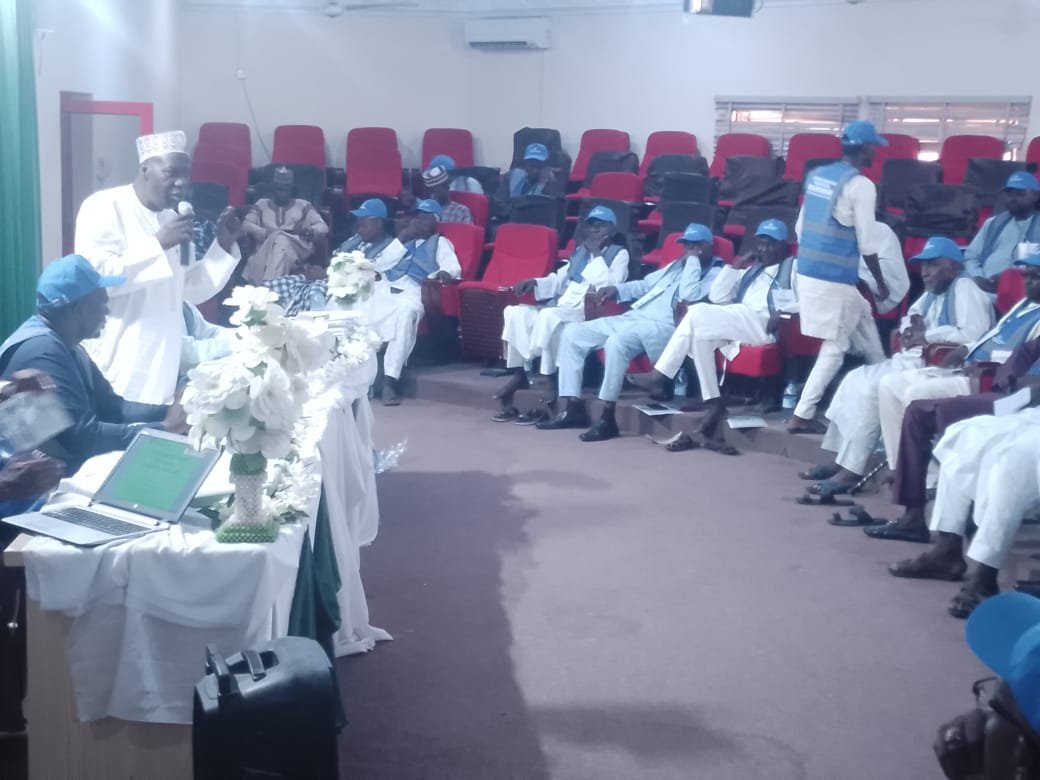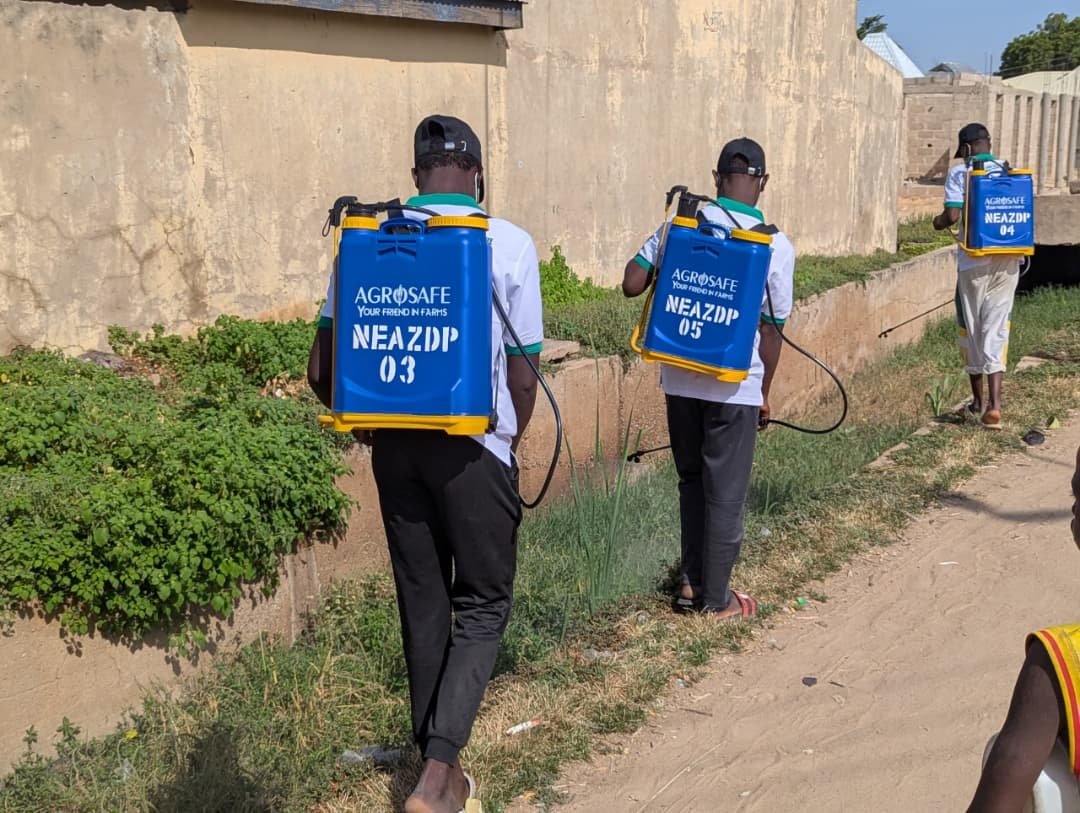Jigawa Govt Earmarks N12.5BN for Free Dialysis, Diabetes, Non-Communicable Diseases
By: Ahmed Aminu, Dutse
Jigawa state government has earmarked over N12.5 billion for free dialysis and treatment of non communicable diseases including sickle cells, hypertension, diabetes.
This was disclosed by Commissioner of Health, Dr Abdullahi Kainuwa at the opening of training on health monitoring for Special Assistants to the governor.
He said the amount would also be utilised to construct and renovate structures and and working facilities in secondary and primary healthcare facilities.
Dr Abdullahi said that the target was to provide 24-hour healthcare services across the state.
The commissioner explained that the construction, expansion and renovation of new and old primary and secondary health facilities would be carried out in all the 27 local government areas of the state.
Dr Abdullahi said the project includes staff quarters, adequate water, 24-hour power supply and provisions of modern latrines in all the hospital.
“This is in an effort of the Malam Umar Namadi led administration to ensure efficient, sufficient and effective healthcare delivery services to the people and to succeed in Jigawa state Basic Healthcare services for vulnerable population with143,500 beneficiaries in the state”.
He stated further that the provision of quality and free healthcare services to Jigawa citizens is part of the governor’s 12-point agenda presented to the people during the electioneering campaign.
The commissioner said the government had established one dialysis center in each of the five emirates headquarters.
“Presently work had been completed in Hadejia, Gumel and Dutse Emirates, and dialysis machines and all necessary materials for dialysis for Kazaure and Ringim emirates have been procured and installation is in progress”.
“So far, government has awarded the construction of blocks of staff quarters at 37 Primary Health Care hospitals at the total sum of N3.4 billion. Seven had been completed and 30 are in finishing touches.
“The contact of another 90 Doctors, Nurses and Midwives houses would soon be awarded at over N9 billion. All the houses and hospitals would be powered by solar energy as part of the state government ‘Clement resilience programme’,” he added.
The commissioner announced government plan to recruit 1,924 medical personnel in addition to over 1,000 employed in the second quarter of this.

“I wish to inform you that the three Nurses and Midwives institute had been fully accredited for Nurses and Midwives programs to produce at least 720 Nurses and Midwives every year, and you are all aware of states’ indigenes studying medicine in Cyprus. All this is to complement our efforts of having enough qualified personal in all our hospitals”.
He therefore called on the participants to make very good use of the opportunity of the training to have needful knowledge for effective Health Monitoring and Supervision of Staff and facilities, and report to an appropriate officers for governor’s information and action.
“I’m charging you to be dedicated and committed to ensure success of Governor Malam Umar Namadi government. You were all appointed for a purpose, based on merit. Please gives all your best for efficient, sufficient, effective and timely services for the government to achieve the desired objectives”.
On his part, the Technical Adviser to the governor on Healthcare, Mr Isah Surajo said the training was organized to provide the 81 Special Assistants with skills and knowledge on health monitoring to strengthen the delivery of quality healthcare services in the state.
Mr Surajo they were appointed to supervise, track, and monitor how government resources are been utilised in the health sector.
He added that the special assistants were also to engage with communities in addressing lingering issues militating against functional health services at the grassroots.
“They are equally responsible to reports to to senior special assistance to His Excellency within the area they are serving, so that the reports could be collected and analyze, where issues that cannot be resolved at the facility level would be escalated to the local government, and the once above that, would be forwarded to the state level within the appropriate platforms”.
“It will equally provide an enabling environment for them to understand the health policies, plans and regulatory practices in the health facilities. And they would be trained on capacity enhancement, using digital platforms to do their assignments and responsibilities”.





